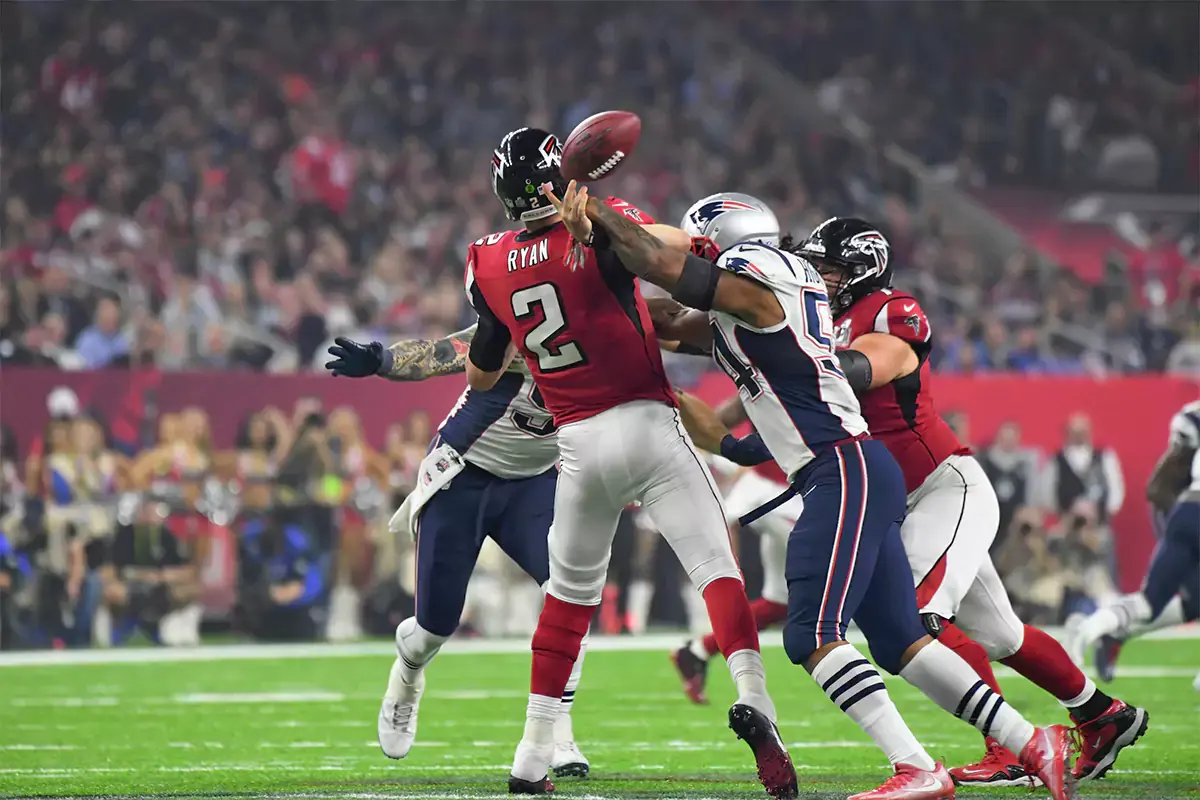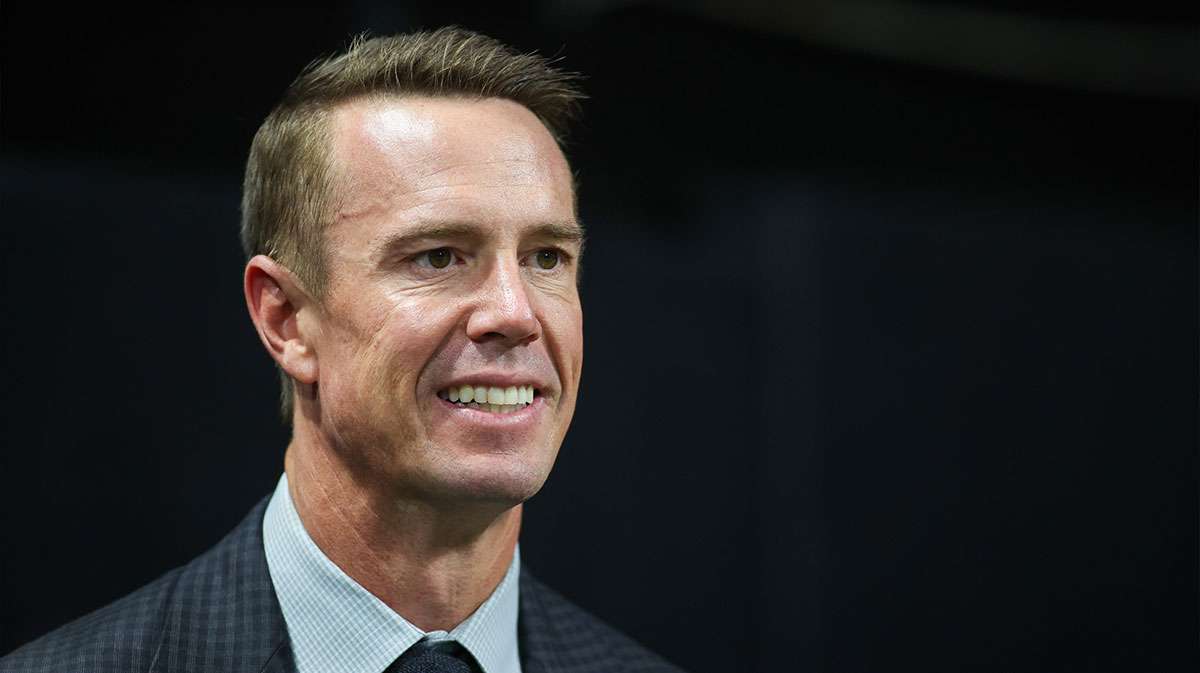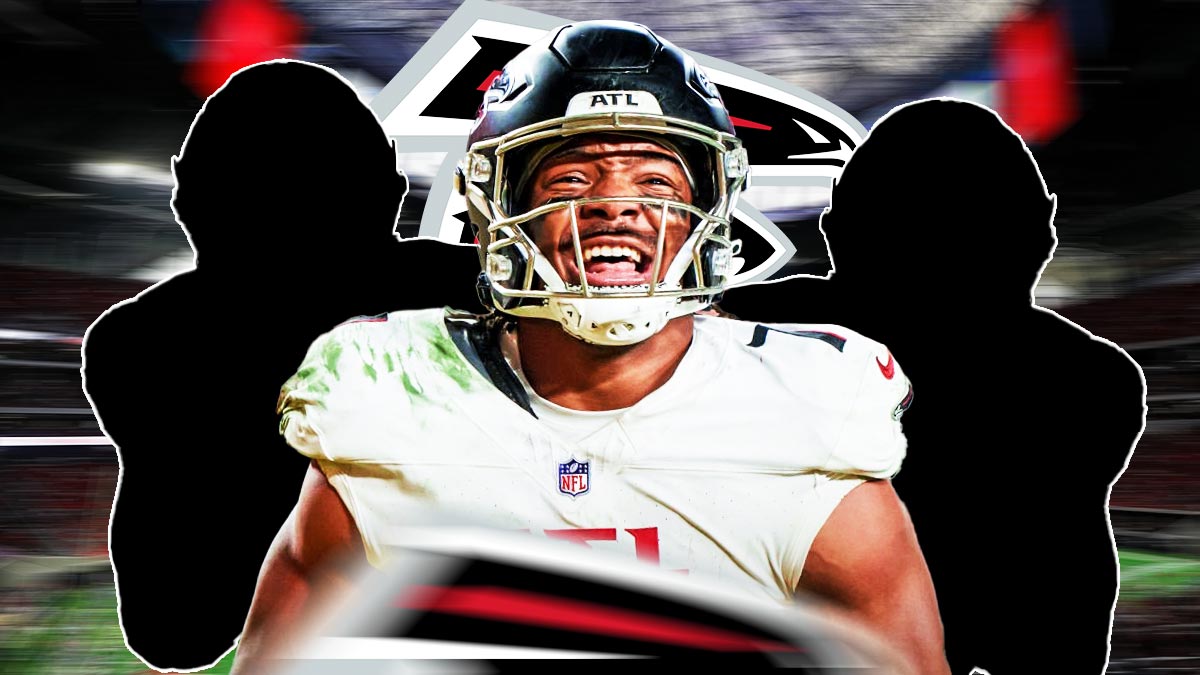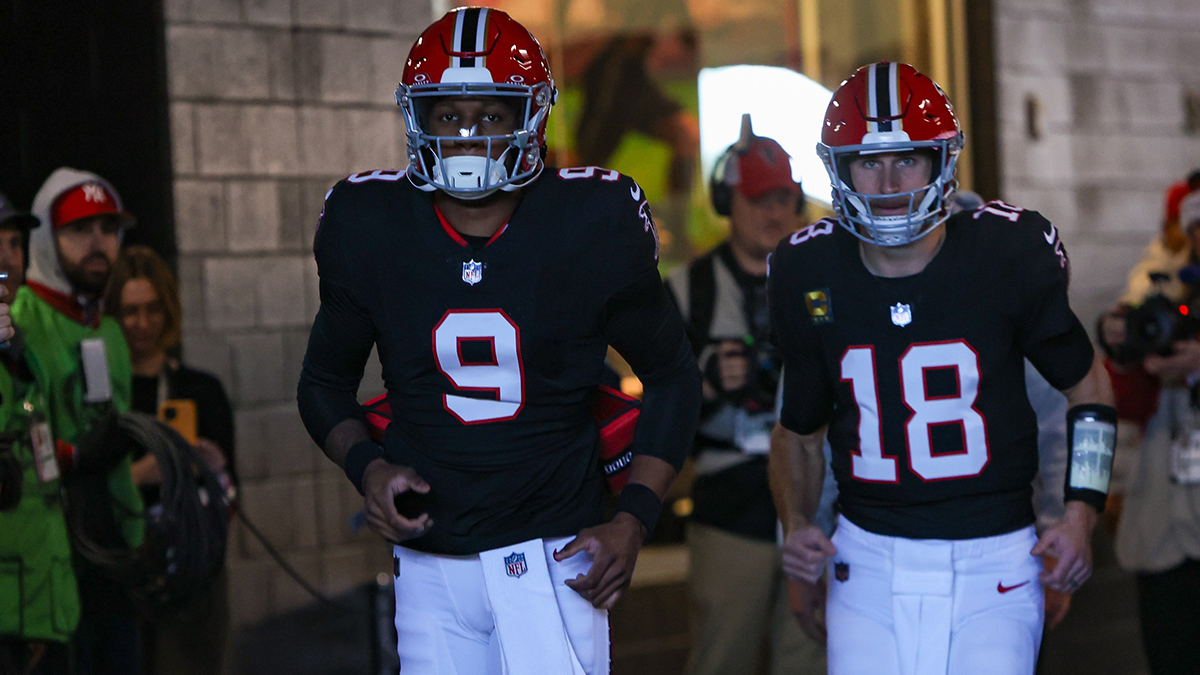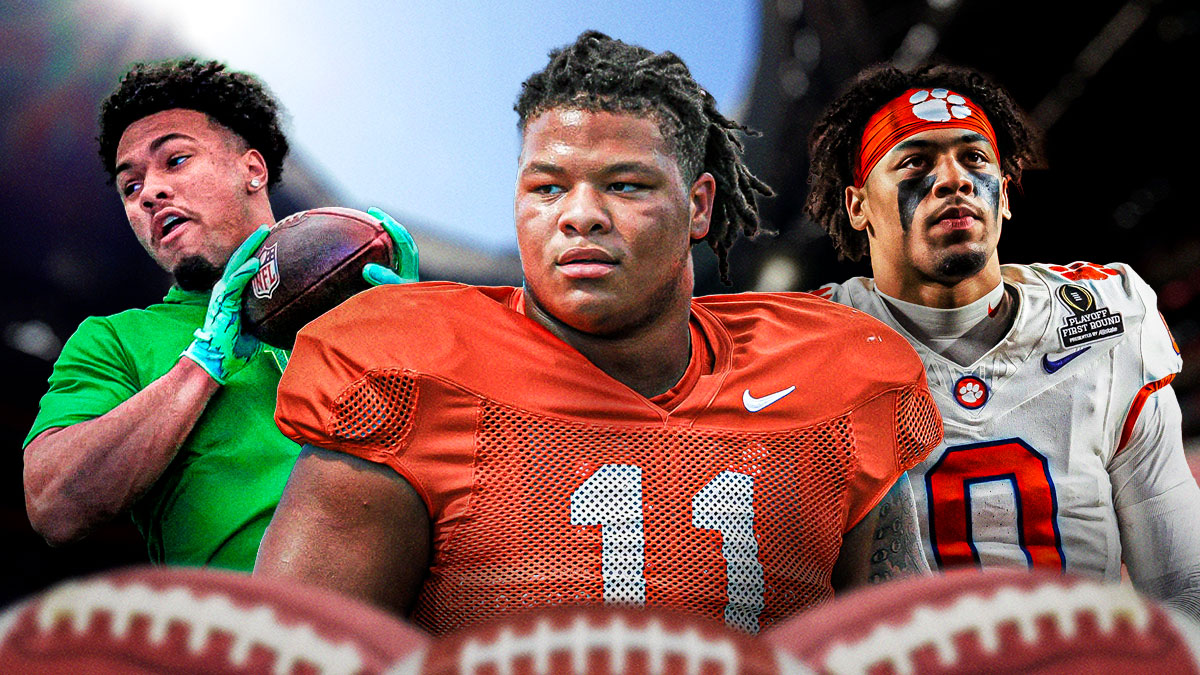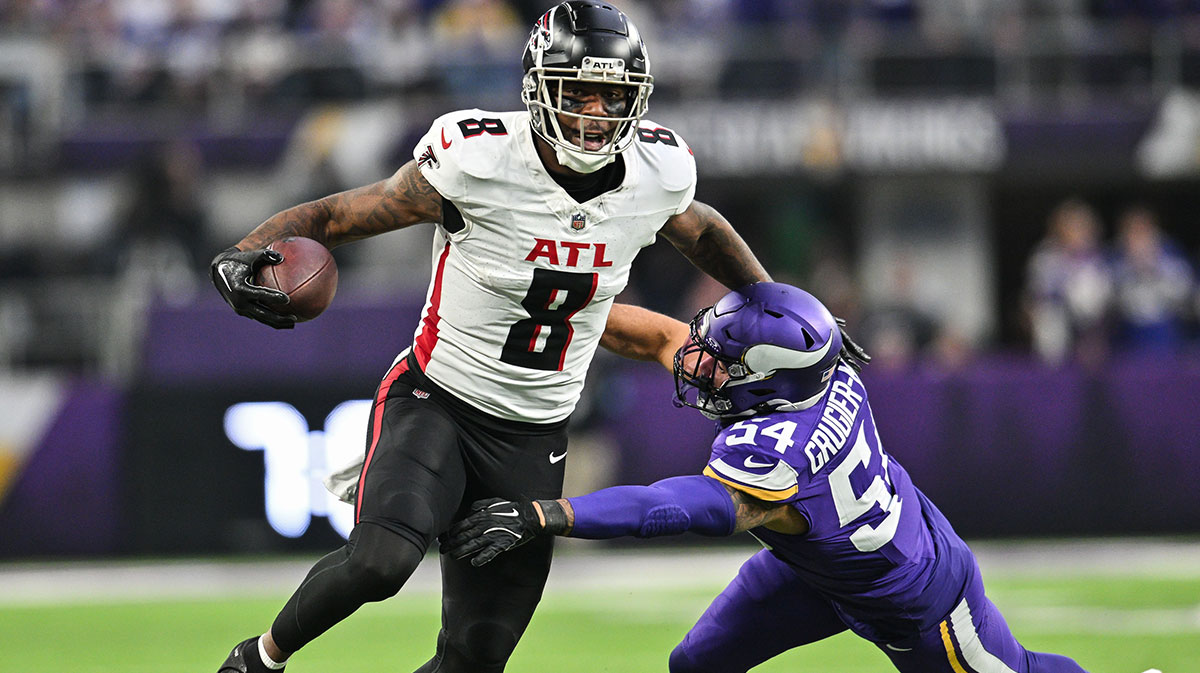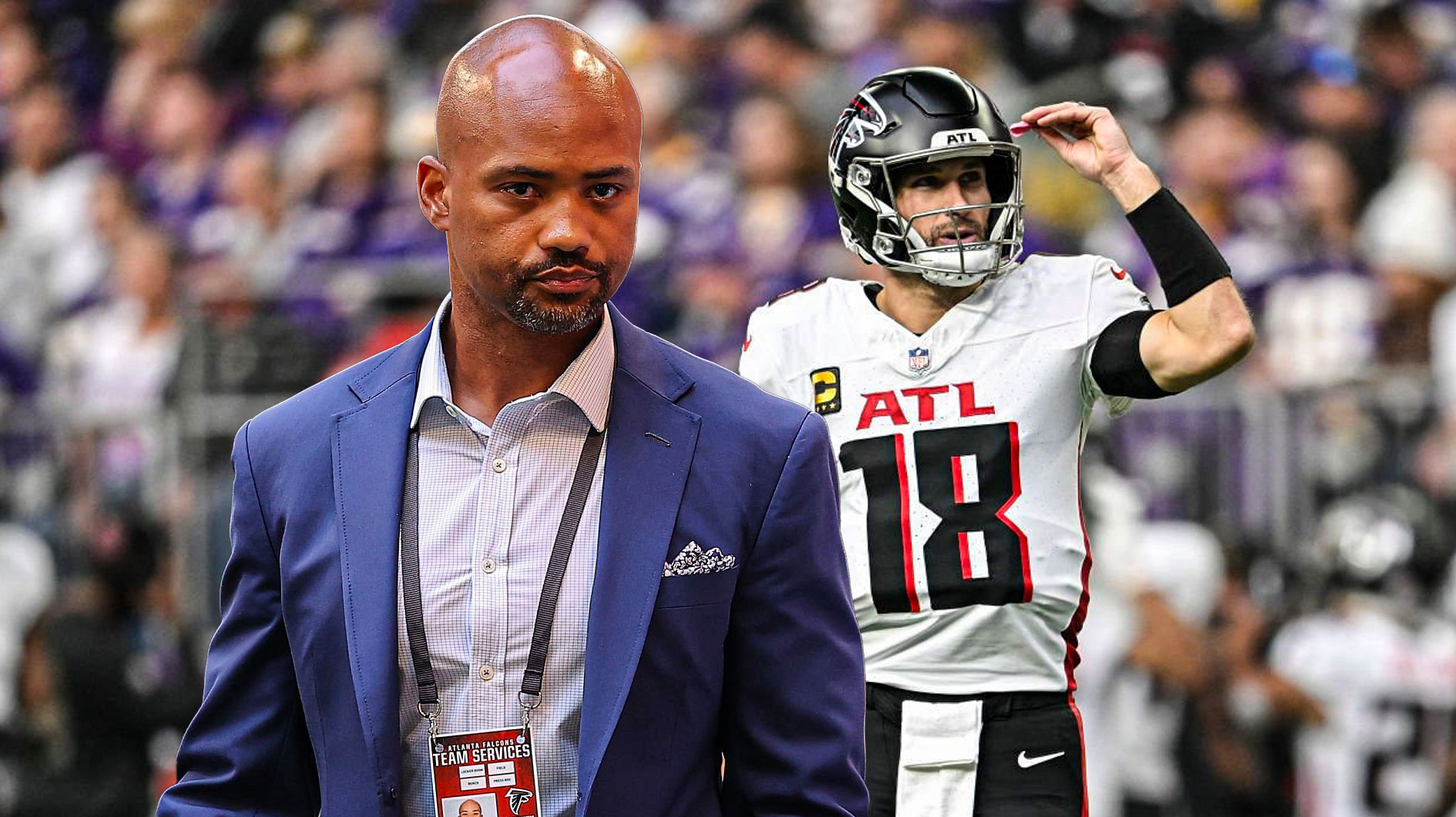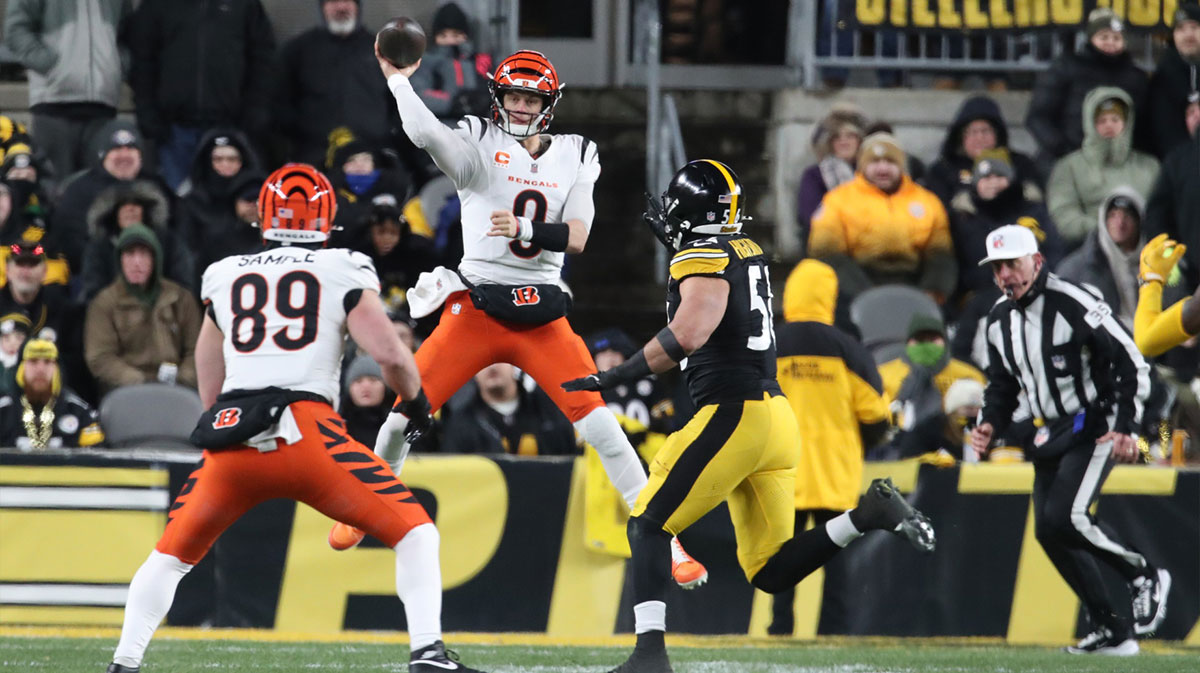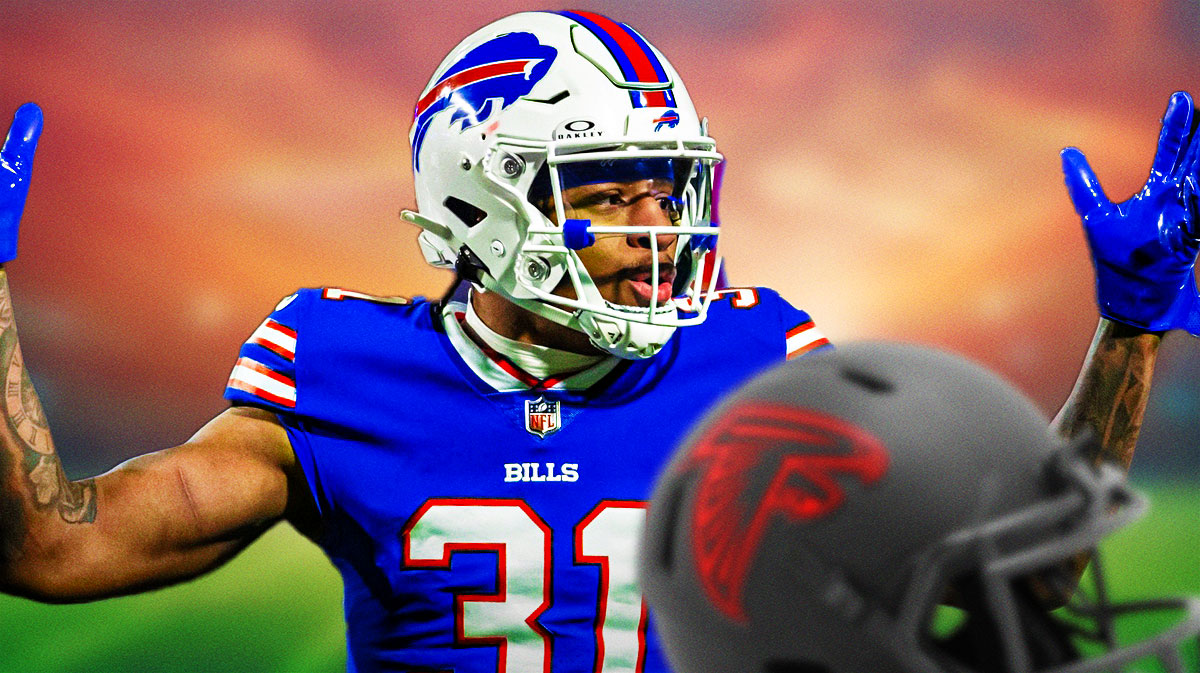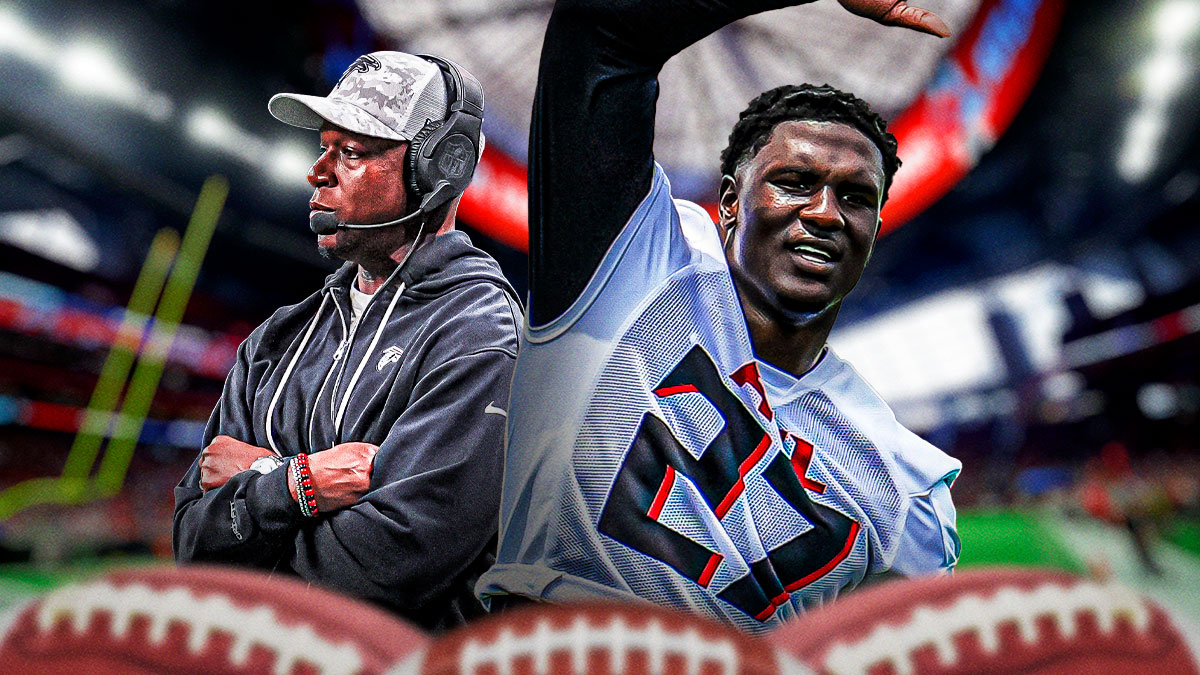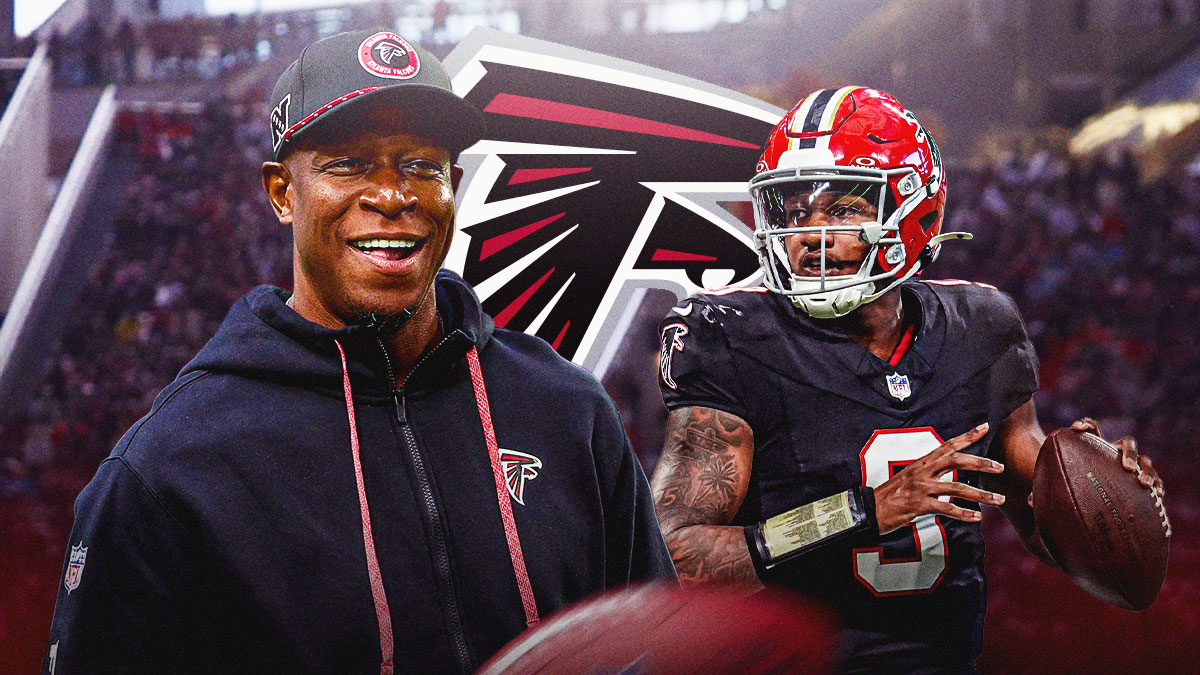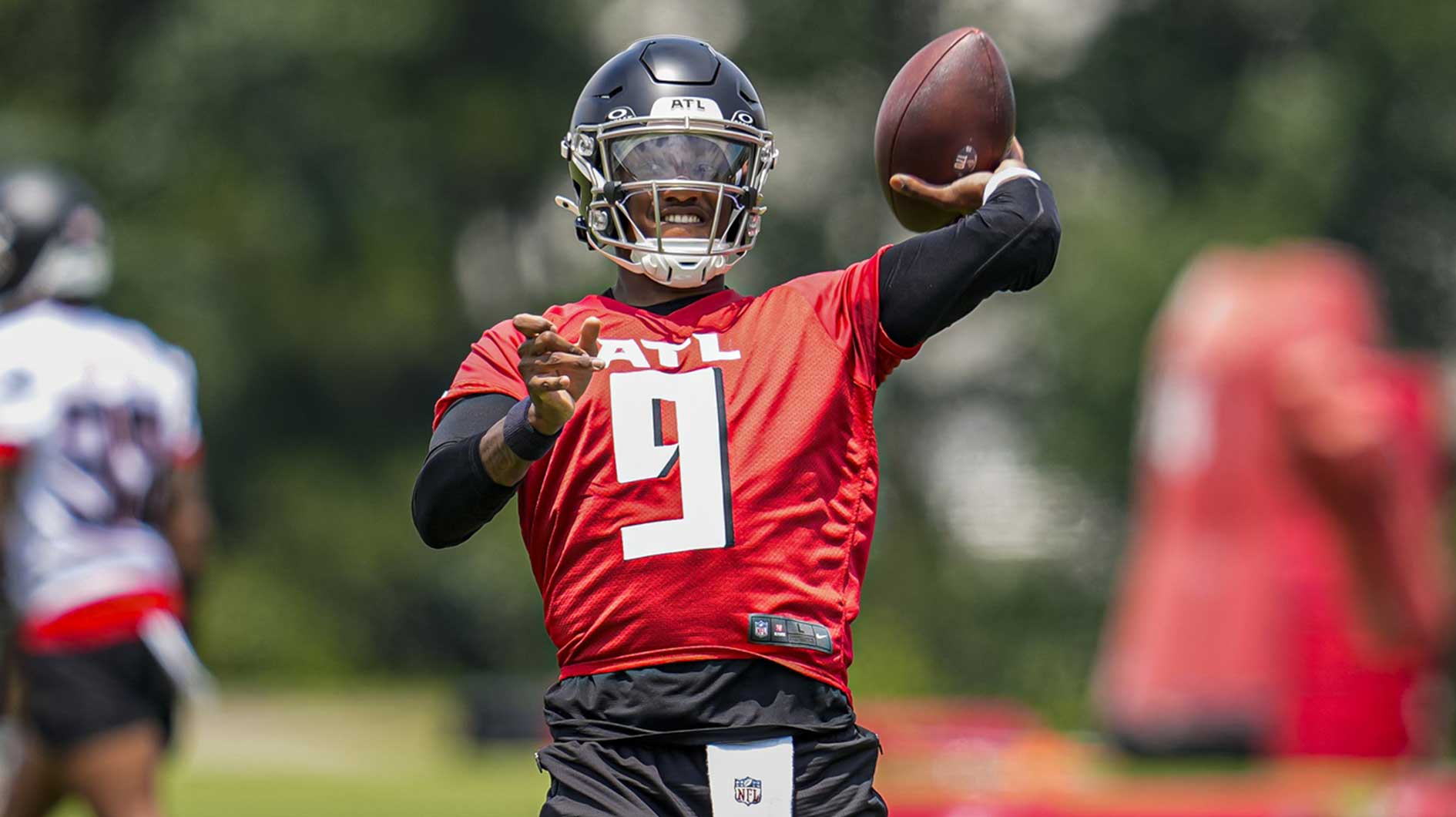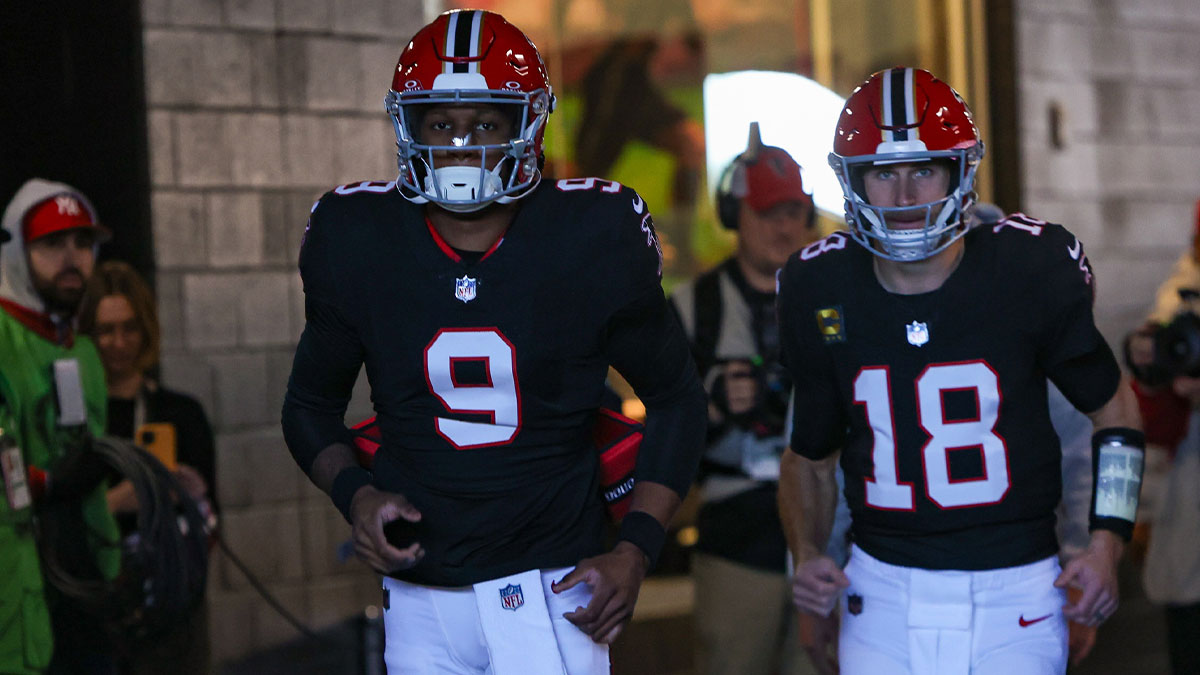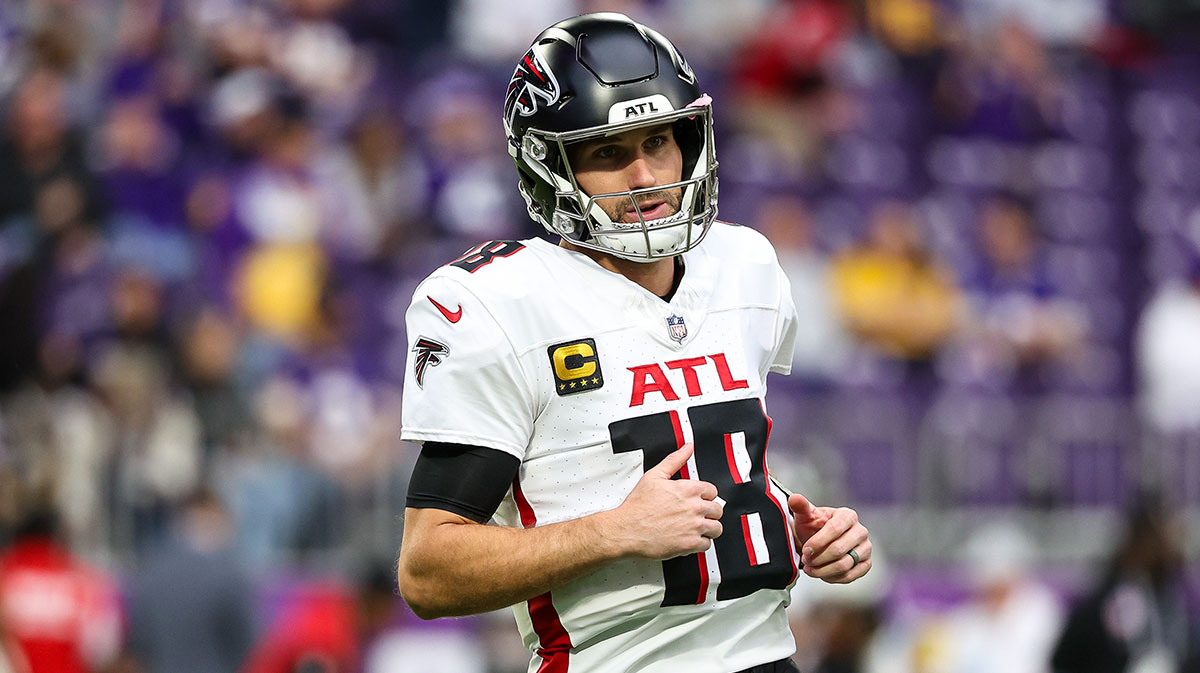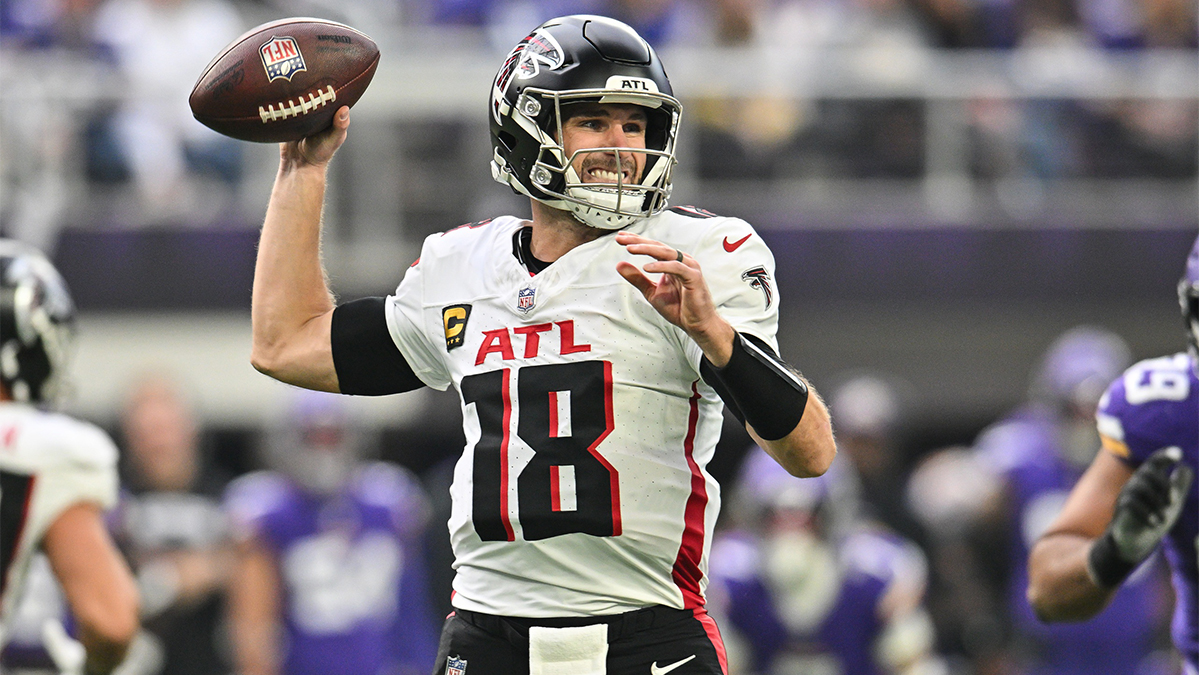Michael Vick is a former American football player who played as a quarterback in the NFL for 13 years. He spent most of his time with the Atlanta Falcons and the Philadelphia Eagles. He is widely regarded as the player who transformed the quarterback position due to his unmatched prowess as a runner. Michael Vick is the all-time NFL leader in rushing yards by a quarterback and the signal-caller ever to rush for over 1,000 yards in a single season. Currently, he serves as the partner and head of athlete development for the management firm Level Sports Group. In this article, we will be talking about Michael Vick’s net worth in 2022.
Michael Vick’s net worth in 2022 (estimate): $16 million

Michael Vick’s net worth in 2022 is estimated to be $16 million. This is agreed upon by multiple reputable sources, such as Celebrity Net Worth.
Let us now learn more about where it all started for the two-way quarterback and how he managed to transform football forever.
Michael Dwayne Vick was born on June 26th, 1980, in Newport News, Virginia, the second of four children to parents Brenda Vick and Michael Boddie.
Growing up, his father worked long hours in the shipyards as a sandblaster and spray painter, and his mother worked two jobs while getting public financial assistance and help from her parents. They lived in the Ridley Circle Homes, a public housing project located in a financially depressed and crime-ridden neighborhood.
Vick’s father did a lot of traveling because of his job, but still found enough time to teach his sons football when they were young. Michael learned the fundamentals of the game and quarterback play when he was just three years old. Back in his playing days, Vick's father was nicknamed “Bullet” due to his breakaway speed.
Vick attended and played football at Homer L. Ferguson High School, impressing on the field as freshman year with his explosive athletic ability. Unfortunately, the school closed in 1996 because of the Newport News Public Schools building modernization program, prompting Vick to move to Warwick High School.
Vick was a three-year starter for the Warwick Raiders. In his senior year, he passed for 1,668 yards and 10 touchdowns, also rushing for 10 scores. Vick had 4,846 passing yards and 43 touchdowns, plus 1,048 rushing yards with 18 touchdowns, in his three-year tenure at Warwick.
Vick chose to attend Virginia Tech due to the close proximity of the school to his family and friends. He was considered a success story by the Newport News community because he left their area with a college scholarship and a bright future ahead.
At Virginia Tech, he redshirted the 1998 season, first taking the field in 1999. Vick had three rushing touchdowns in the first quarter of his collegiate debut against James Madison before missing the rest of the game with an injury, but his legend began taking shape regardless.
Vick led the Hokies to an undefeated 11-0 season and the BCS national championship game as a freshman. Virginia Tech fell to favored Florida State 46-29, but Vick's dynamic playmaking spearheaded a dramatic comeback effort that fell short in the fourth quarter.
In his first year, Vick passed for 1,840 yards and scored 12 touchdowns, along with 580 rushing yards and eight touchdowns. He led the NCAA in passing efficiency and won an ESPY Award as the nation’s top college player. He also won the inaugural Archie Griffin Award as college football’s MVP and finished third in Heisman Trophy voting.
Vick played another year at Virginia Tech before deciding to go pro. In his two years with the school, he had 3,279 passing yards and 21 touchdowns to go along with 1,216 rushing yards and 17 touchdowns. His contributions to the school’s football program resulted in him being inducted into the Virginia Tech Sports Hall of Fame in 2017.
The Falcons selected Vick with the first overall pick in the 2001 NFL draft, making him the first ever Black quarterback to be picked No. 1. He signed a six-year, $62 million contract with Atlanta that included a $3 million signing bonus.
Unfortunately, Vick only played in eight games and started two during his rookie season, spending most of his time as a backup. He passed for 785 yards and two touchdowns.
The following year, Vick emerged as a full-time starter, leading the Falcons to an 8-6-1 record. He passed for 2,936 yards and 16 touchdowns and ran for 777 yards and eight touchdowns, earning his first Pro Bowl nod.
On December 23rd, 2004, Vick signed a nine-year, $130 million contract extension with the Falcons after placing second in MVP voting.
In August 2007, Vick was suspended by NFL commissioner Roger Goodell for he violated the NFL player conduct policy after he pleaded guilty to federal charges of involvement in an illegal dog fighting operation.
The Falcons sought to be reimbursed for the majority of Vick's $37 million signing bonus following his guilty plea. After being taken to arbitration, it was ruled that he needed to return $19.97 million to Atlanta. In February 2009, the Falcons considered trading Vick to another NFL team. Instead, they released him to make him an unrestricted free agent.
On August 13th, 2009, Michael Vick signed with the Philadelphia Eagles on a one-year, $1.6 million contract, which included a team option for the following season worth $5 million.. He played sparingly in the 2009 season as a backup to six-time Pro Bowler Donovan McNabb.
The following year was a redemption year for Vick as he played in 12 games for the Eagles, leading them to an 8-3 record as a starter. He also passed for a career-high 3,108 yards with 21 touchdowns.
On top of that, he was named to his first Pro Bowl since 2005 and won NFL Comeback Player of the Year.
After his impressive 2010 season, Vick signed a six-year, $100 million contract extension with the Eagles that included $40 million in guarantees.
Vick did not play as well the next two seasons, ultimately falling to second on Philadelphia's depth chart at quarterback. On February 11th, 2013, his contract was reconstructed to become a one-year, $10 million deal.
On March 21st, 2014, he signed a one-year contract with the New York Jets worth $5 million. He played 10 games for New York, starting three. The following year, he signed a one-year, $970,000 contract to join the Pittsburgh Steelers to be the backup to Ben Roethlisberger.
Vick said in 2016 he planned to play one more year, but was left unsigned for the entire season, officially announcing his retirement on February 3rd, 2017. A few months after, he signed a one-day contract with Atlanta to retire as a member of the Falcsons.
In his 13 years in the NFL, Michael Vick passed for a total of 22,464 yards and 133 touchdowns, while rushing for 6,109 yards and 36 rushing touchdowns. According to Spotrac, he earned a total of $115,952,908 during his playing career.
Vick is now serving as the Partner and Head of Athlete Development at the sports management firm Levels Sports Group. His job is to focus on helping and mentoring young athletes in their careers and the NIL space.
As for Vick's legacy, there is no doubt he transformed the quarterback position, a pioneer of the “dual-threat” superstar. His career influenced countless future stars at quarterback who rely on their arms and legs for success.
With all of that being said, were you surprised about Michael Vick’s net worth in 2022?

